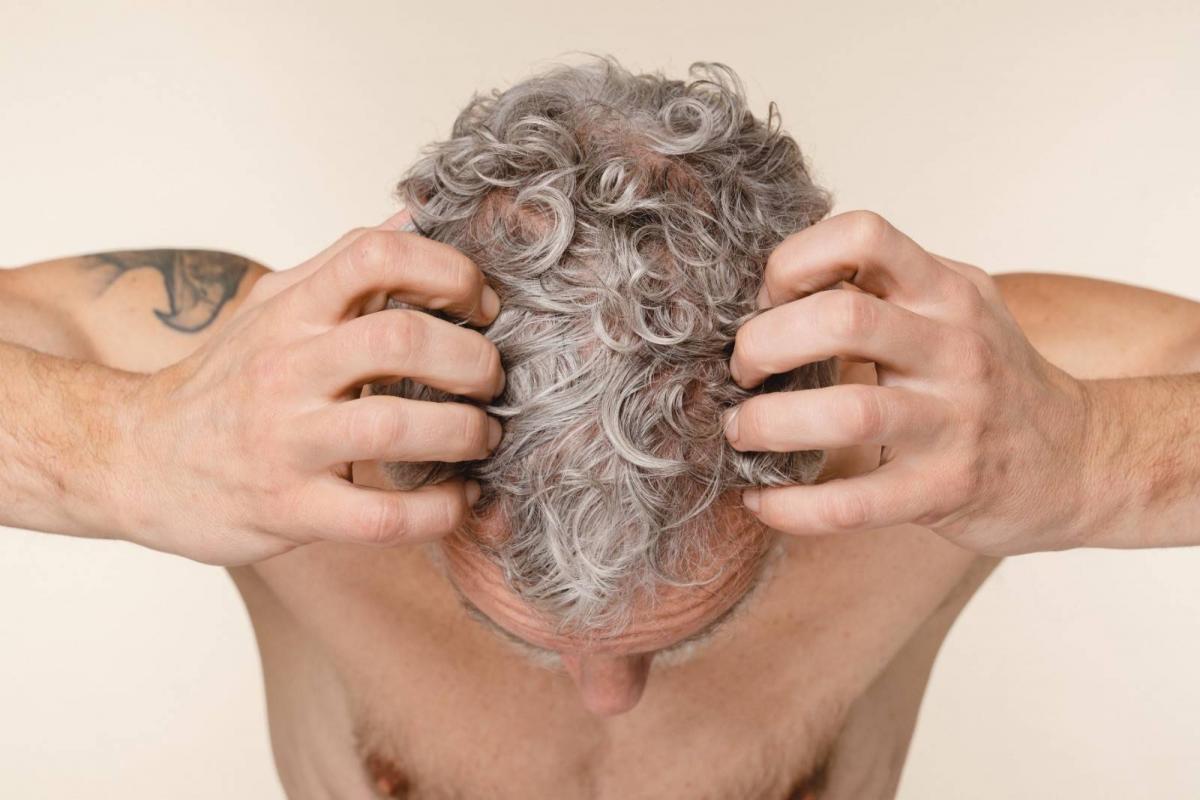Stress can have consequences on our health, but it can also be responsible for the appearance of gray hair. According to a recent scientific study, whether it's a myth or a belief, it’s all relative.
"Going gray from stress" is not just an expression.
Researchers suggest that stress, whether psychological, acute, or chronic, could accelerate the graying of hair, according to a new study published by The New York Times.
Victoria Barbosa, director of the hair loss prevention program at the University of Chicago, explains that stress can affect the sympathetic nervous system and the mitochondria in cells, causing graying through various mechanisms.
Of course, the appearance of gray hair is primarily natural and part of the many processes that characterize aging. This is known as canities (graying of hair), which typically occurs from the thirties onwards and is due to the gradual reduction in melanin production. However, premature graying of hair is caused by stress disrupting hair growth.
During their growth, hair cells receive chemical and electrical signals emitted by various hormones, including cortisol, the stress hormone. High exposure to this hormone can alter the proteins and other molecules present in hair.
To carry out their study, scientists revisited research published in 2020, which involved artificially stressing mice by injecting them with a chemical similar to chili. The experiment was conclusive, as it resulted in a decrease in hair follicle stem cells responsible for the pigmentation of the mouse’s fur, causing their fur to turn gray.
Although the scientific community has expressed many reservations about the idea of artificially stressing humans to determine if the experience is similar to that of mice, a similar study was conducted in 2021. Several hair strands were plucked from 14 participants, some of which were completely white and others partially gray or pigmented.
The scientists noted the exact moment when these strands turned gray, asking participants to describe their stressful experiences over several years, ranking them from least to most distressing. "The moment when a strand turned gray was often the most stressful time of the year for the volunteer," reported The Times.
Stress can also cause hair loss. However, fortunately, this is not permanent, and there are many solutions to restore normal hair growth through various treatments. However, once a hair turns gray or white, it will remain so, as this change is irreversible.
Please post your comments on:
[email protected]
 Politics
Politics














